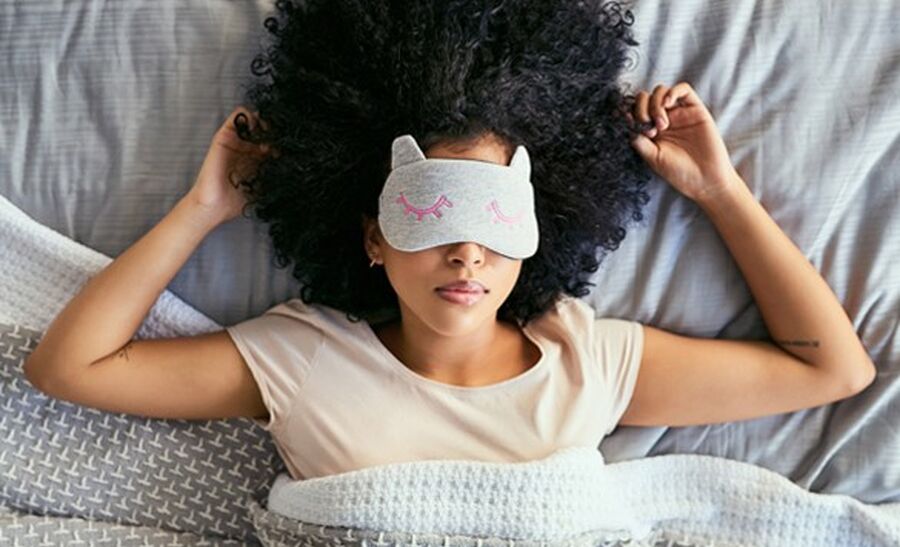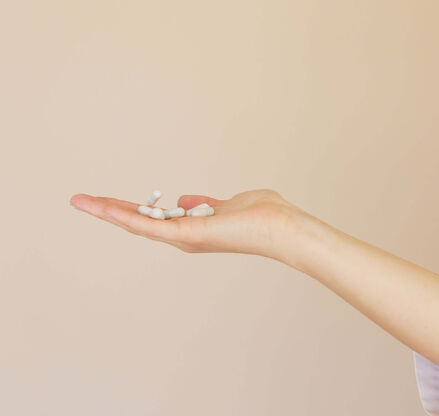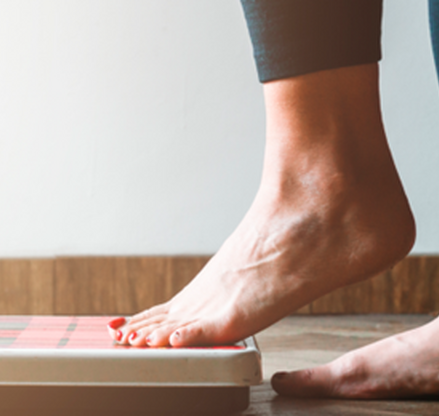
Approximately 41 million people in the UK (78%) suffer from either sleep or stress-related issues; however, only 36% seek treatment.(1) Poor sleep and prolonged stress can have a severe impact on both physical and mental health, including an increased risk of heart disease, stroke, and depression.(2)
Sleep hygiene refers to a variety of habits and practices that can help individuals achieve consistent, restorative sleep. Good sleep hygiene is essential for maintaining overall health and well-being, especially in the fast-paced world we live in today.If you are looking to improve your sleep quality, here are some essential tips
1.Establish a Regular Sleep Schedule One of the most effective ways to promote better sleep is by going to bed and waking up at the same time every day, even on weekends. This consistency reinforces your body’s natural circadian rhythms, making it easier to fall asleep and wake up feeling refreshed.
2.Create a Sleep-Inducing Environment Your bedroom should be conducive to sleep. Consider the following elements to improve your sleep environment:
- Temperature- Keep your room cool, ideally between 16-20°C (60-67°F).
- Light: Use curtains or blinds to block light. Consider using a sleep mask if needed.
- Noise: Reduce noise with earplugs or a white noise machine.
- Comfort: Invest in a comfortable mattress and pillows.
3. Limit Exposure to Screens Before Bedtime The blue light emitted by phones, tablets, and computers can interfere with the production of melatonin, the hormone that regulates sleep. Try to limit screen time at least one hour before bed. Instead, consider reading a book or practicing relaxation techniques.
4.Mind Your Diet and Hydration What you consume can significantly affect your sleep. Here are some dietary tips: - Avoid large meals, caffeine, energy drinks, nicotine and alcohol close to bedtime. - Opt for a light snack if you’re hungry before bed. Foods such as bananas, oats, and nuts can promote sleepiness. - Stay hydrated throughout the day but limit fluid intake right before bed to prevent night-time trips to the bathroom.
5. Incorporate Physical Activity Regular physical activity can promote better sleep, helping you fall asleep faster and enjoy deeper sleep. Aim for at least 30 minutes of moderate exercise on most days, but try to avoid vigorous workouts close to bedtime.
6.Manage Stress and Anxiety Chronic stress and anxiety can disrupt sleep. Incorporate relaxation techniques into your daily routine: -
- Meditation or Deep Breathing:Spend a few minutes each day practicing mindfulness or meditation.
- Journaling:Write down your thoughts or worries before bed to clear your mind.
- Progressive Muscle Relaxation: Tense and then relax each muscle group in your body to release tension
- Try complimentary therapies to help you relax
7.Seek Professional Help if Needed If sleep problems persist despite implementing these hygiene practices, consider consulting your pharmacist or other healthcare professional. Conditions like insomnia, sleep apnoea, or restless legs syndrome require professional evaluation and treatment. Prolonged duration of symptoms may suggest an underlying issue which needs further investigation.
Over the counter sleep treatments containing diphenhydramine (Numark Sleep-Aid) should not be used continuously for more than 2 weeks unless instructed by your doctor. There is a risk of dependence when diphenhydramine is used inappropriately, and/or for long periods of time.
Around 60% of women experience insomnia during pregnancy, which is often caused by hormonal changes, physical discomfort or the frequent need to urinate. Sleep problems can impact a healthy pregnancy and increase the risk of depression; If you are pregnant or breastfeeding and are having problems with sleeping we would recommend you seek help from your GP to receive the best care.
Up to 45% of adolescents report getting less than 8 hours of sleep per night. Hormonal changes that occur during adolescence can affect sleep/wake homeostasis, which can make it harder to fall asleep at night and wake up in the morning. Over the counter sleep medicines are not suitable for children and we would recommend you seek further professional help if sleep hygiene measures are not working.
Medicines can sometimes cause sleep-associated side effects that may worsen the condition or exacerbate symptoms. Your pharmacist can advise you wherever necessary and ensure you are getting the most from your treatments.
Establishing good sleep hygiene is crucial for improving sleep quality and enhancing overall health. It is best to find the root cause of any issues so that the sleep-stress cycle can be broken without masking the symptoms with sleep aids. By following these guidelines you can develop healthier sleep habits, paving the way to better health and well-being.
Prioritize your sleep, and your body and mind will thank you.
References
1.Boxclever Sleep, Stress & Snore: U&A. 2021.
2.Legg T, et al. How to tell if stress if affecting your sleep. 2018. https://www.medicalnewstoday.com/articles/322994







